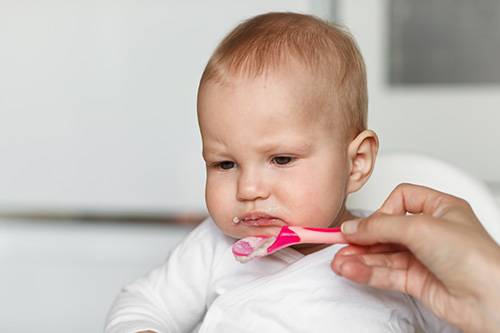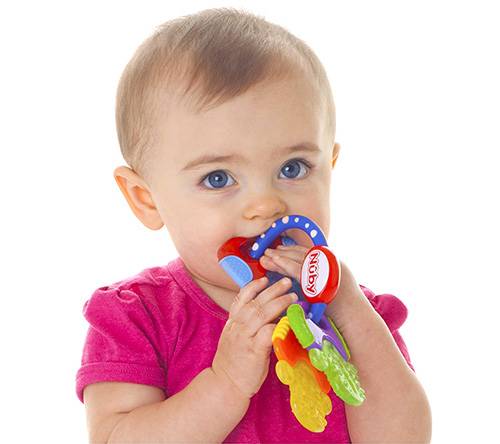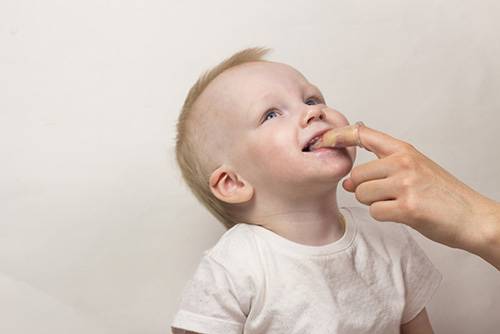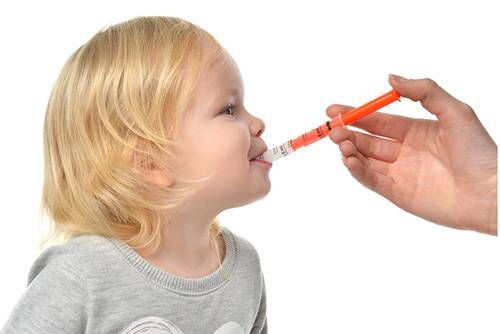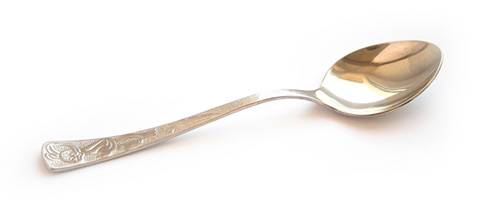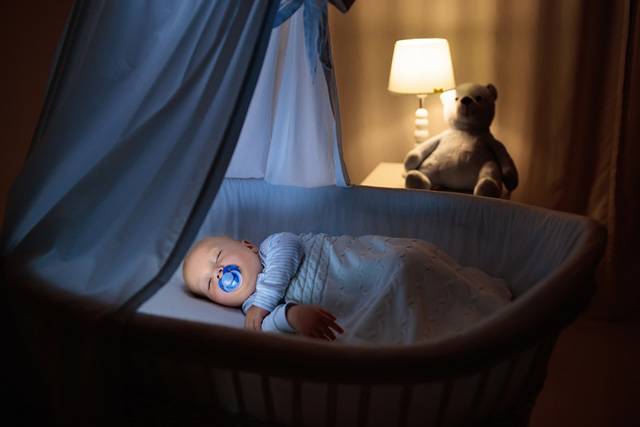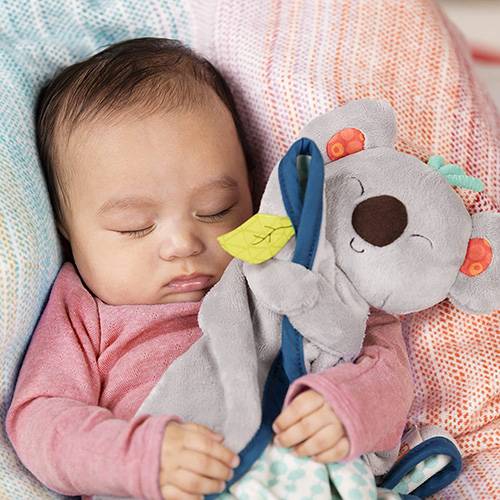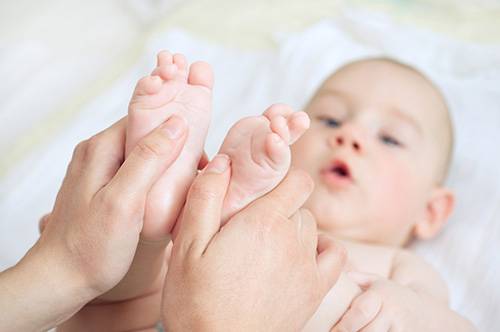
The breaking of new teeth through the gums can take days, or even weeks, to occur as each tooth emerges. This can create highly disruptive periods of restlessness through the night as the baby is woken by pain. This can be a miserable experience for everyone, but luckily there are a few tips to help your teething baby sleep at night.
When Children Teeth
Although there is a wide range of possibilities when a baby’s first tooth will make an appearance (afterall, some infants are born with teeth), the majority will develop their first teeth between 6 and 13 months of age. Some molars may take up to 3 years, meaning you may have a fussy toddler as well while they work their way to the surface of the gum. Approximately 20 teeth grow in the first few years of life.
For the most part, the first teeth to come through are the lower front teeth, followed quickly afterwards by top front and lateral incisors. As this occurs, you most likely will notice much more salivation and baby reaching for many objects to chew on- including their own fingers.
Ways to Tell Your Child is Teething
A teething baby can be a miserable baby, but since they cannot tell you their teeth hurt, pain could be due to other factors as well. Luckily, there are a few indicators to help you determine this is the issue, such as their gnawing on objects and fingers, and an increase in saliva.
Other indicators include a refusal to feed, or fussing when eating due to sore gums, rashes around the mouth and chin due to the saliva, diarrhea with the increase of saliva, rubbing on the ears and cheeks, a well as biting hard on the nipple when nursing without sucking. You may also notice a mild fever and a runny nose that is not long lived from time to time due to the increase in inflammation promoting molecules, as well as struggles with sleep.
Pain Management Suggestions
Obviously, one of the first concerns a parent has is how to make their child more comfortable through this process. It is not only painful at times for the baby, but can also be highly aggravating to those trying to help since a child at this age cannot effectively communicate the pain they are feeling.
All of these suggestions are good for not only right before bed to help alleviate discomfort and help the child fall asleep, but also at any other time you feel they are in pain.
— Cold Washcloth and Teething Rings
Keeping a wet washcloth and teething rings in the refrigerator is a great way to introduce cooling effects to the gums. These are large enough to be safe for babies and help feed the want to chew and gnaw on something. They also are textured to apply pressure and help the tooth work its way through the skin of the gum.
— Pressure
Children chew and gnaw on things to apply a pain alleviating pressure. As mentioned, cold washcloths and teething rings can help with this pressure, but you can also rub your finger along the gums as well, or allow baby to chew on your knuckles.
— OTC Pain Medication
Never give your baby any medication without having first gotten your pediatrician’s approval, but many OTC medications such as acetaminophen and ibuprofen for children are safe. Always look for age and dosing restrictions.
— Extra Comfort
Don’t be afraid to provide added comfort to your baby during this time. Your child already associates comfort with our closeness, so holding them or keeping them close can help them work through the pain. You can also baby wear as you go about your business, provide favorite blankets, shirts, stuffed animals or other objects that smell like you and their sleeping area to help calm them. A pacifier may also work.
— Cold Metal Spoon
Keep a metal spoon in the refrigerator to let them suck and chew on. The hard, cold metal can be soothing to the gums and provide the relief needed.
— Frozen Carrot and Bananas
Frozen foods, such as carrots and bananas are safe for baby and provide a hard, cold, soothing surface. Make sure you only do this with children who are eating solids already and always monitor.
Ways to Help a Baby Fall Asleep
Your baby is growing at a fast rate, and this is not related only to physical growth. Mental, emotional, and behavioral health are all developing at a fast pace and interruptions in sleep can create concerning issues. When your baby sleeps it allows the body to not only rest, but also is important for these growth processes to even occur. It also is integral in helping baby recover from teething pain, and so helping your child get the required 12 to 14 hours of sleep between their naps and night is important.
All of the above options should be applied to help alleviate pain and bring comfort. An OTC medication to reduce inflammation and pain is also suggested prior to sleep since once the baby drifts off, the body is better able to deal with pain management.
1. Keep a Routine
This isn’t just for when sleeping is a difficulty, always keeping a set nap and bedtime routine is important to help influence sleepiness, and keep your child well rested. Dim lights, turn of screens and televisions, play soothing music or diffuse baby safe essential oils. Inshort, do things that influence sleep and try to do it within a half hour of the same time every day.
2. Add Comfort

3. Introduce White Noise
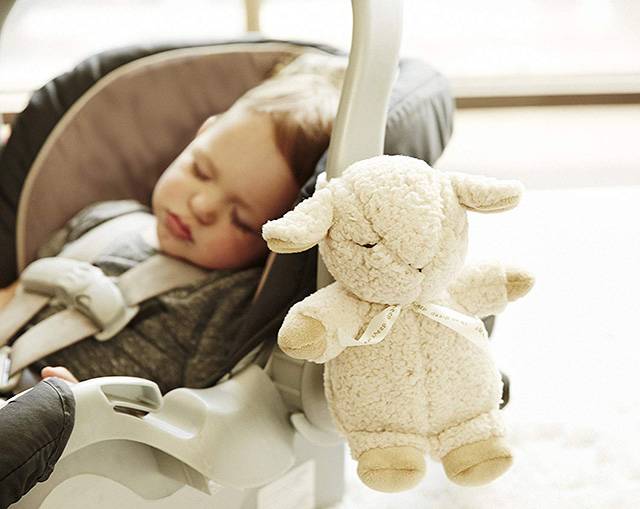
4. Swaddle
If your child is used to it, or will tolerate it, try swaddling them. This pressure is similar to you holding them, and also stimulates feel good, pressure receptors in the brain.
5. Massage
Massage and touch has long been associated with pain alleviation, and so it can be helpful for a teething baby as well. Rubbing the feet in particular can help trigger these points specific to teething pain. Whole body massage can also be relaxing and comforting.
You may want to read: Why Do Babies Smile in Their Sleep?
Conclusion
Obviously, a child in pain can keep an entire household up disrupting the much needed sleep both adults and children need to grow, develop, and be mentally capable of going about the responsibilities of the day. Helping your child find relief from this ordeal, and aiding them in their sleep as much as possible is part of raising a child. Luckily it doesn’t last forever, and most bouts of teething are only bad for a few days at a time and are fairly short lived overall.
Be sure to take advantage of pain reducing techniques at any time, as well as keeping a routine and adding in anything extra to provide comfort for your baby to get the sleep they (and you) deserve.

